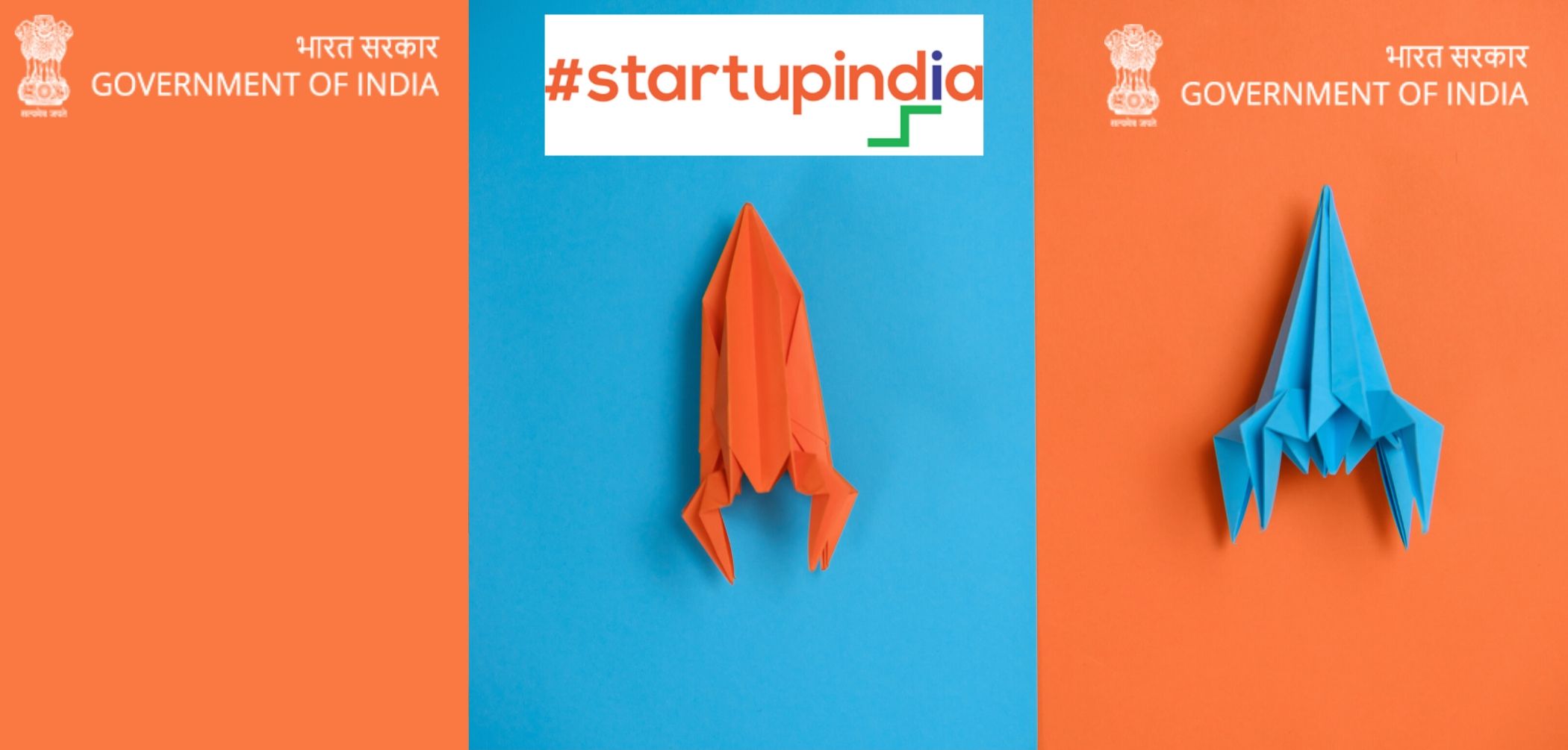Start-up India Scheme: How to avail tax exemptions and other benefits ?
 Adv. Hashim Wafa
Adv. Hashim Wafa
Business Lawyer & Company Secretary [CS]
28-May-2020

1. Introduction:
The Government of India has launched 'Start-up India initiative' back in 2016 with the objective of supporting entrepreneurs, building a robust start-up ecosystem and transforming India into a country of job creators instead of job seekers. These programs are managed by a dedicated Start-up India cell, which reports to the Department for Industrial Policy and Promotion (DPIIT).
Under the Start-up India initiative, eligible companies can get recognised as Start-ups by DPIIT, in order to access a host of tax benefits, easier compliance, IPR fast-tracking and more. Learn more about start-up recognition, eligibility and benefits in the below write-up.
2. Eligibility criteria for Start-up recognition by DPIIT:
Your company/entity must meet the following criteria to be considered eligible for DPIIT start-up recognition.
- Company Age: Period of existence and operations should not be exceeding 10 years from the Date of Incorporation.
- Company Type: Incorporated as a Private Limited Company, a Registered Partnership Firm or a Limited Liability Partnership.
- Annual Turnover: Should have an annual turnover not exceeding Rs. 100 crore for any of the financial years since its Incorporation.
- Original Entity: Entity should not have been formed by splitting up or reconstructing an already existing business.
- Innovative & Scalable: Should work towards development or improvement of a product, process or service and/or have scalable business model with high potential for creation of wealth & employment.
3. Registration procedure & documents
The process of recognition of an eligible entity as start-up shall be as under:-
- A Start-up shall make an online application over the mobile app or portal set up by the DPIIT.
- Application shall be accompanied by (a) a copy of Certificate of Incorporation or Registration, as the case may be, and (b) a write-up about the nature of business highlighting how it is working towards innovation, development or improvement of products or processes or services, or its scalability in terms of employment generation or wealth creation.
- The DPIIT may, after calling for such documents or information and making such enquires, as it may deem fit, (a) recognise the eligible entity as Start-up; or (b) reject the application by providing reasons.
4. Benefits of registering under start-up India
- Start-ups shall be allowed to be self-certify compliance for 6 Labour Laws and 3 Environmental Laws through a simple online procedure. In the case of labour laws, no inspections will be conducted for a period of 5 years. Start-ups may be inspected only on receipt of credible and verifiable complaint of violation, filed in writing and approved by at least one level senior to the inspecting officer.
- In the case of environment laws, start-ups which fall under the ‘white category’ (as defined by the Central Pollution Control Board (CPCB)) would be able to self-certify compliance and only random checks would be carried out in such cases.
- Patent filing approach will be simplified. The Start-up will enjoy a rebate of 80% of the fee in the patent application. The start-up will bear only the statutory fees and the government will bear all facilitator fees. Patent applications filed by start-ups shall be fast-tracked for examination so that their value can be realised sooner.
- The Start-up India programme will encourage research and innovation among students who are aspiring entrepreneurs and seven new research parks will be set up to provide facilities for start-upsin the R&D sector.
- Opportunity to list your product on Government e-Marketplace: Government e Marketplace (GeM) is an online procurement platform and the largest marketplace for Government Departments to procure products and services. DPIIT Recognized Start-ups can register on GeM as sellers and sell their products and services directly to Government entities. This is a great opportunity for start-ups to work on trial orders with the Government.
- DPIIT recognised start-ups have been exempted from submitting Earnest Money Deposit (EMD) or bid security while filling government tenders.
- As per the Insolvency and Bankruptcy Code, 2016, start-ups with simple debt structures, or those meeting certain income specified criteria can be wound up within 90 days of filing an application for insolvency.
5. Tax benefits for start-up’s:
a. Start-up India: Tax exemption under section 80 IAC of the Income Tax Act:
Post getting recognition a Start-up may apply for Tax exemption under section 80 IAC of the Income Tax Act. Post getting clearance for Tax exemption, the Start-up can avail tax holiday for 3 consecutive financial years out of its first ten years since incorporation.
Eligibility Criteria for applying to Income Tax exemption (80IAC):
- The entity should be a recognized Start-up by DPIIT
- Only Private limited or a Limited Liability Partnership is eligible for Tax exemption under Section 80IAC
- The Start-up should have been incorporated after 1st April, 2016
Registration documents for 80 IAC
- Memorandum of Association for Pvt. Ltd. / LLP Deed
- Board Resolution (If Any)
- Annual Accounts of the start-up for the last three financial years
- Income Tax returns for the last three financial years
b. Start-up India: Tax Exemption under Section 56 of the Income Tax Act (Angel Tax)
Post getting recognition a Start-up by DPIIT may apply for Angel Tax Exemption. Aggregate amount of paid up share capital and share premium of the Start-up after the proposed issue of share, if any, shall not exceed INR 25 Crore.
Eligibility Criteria for applying to Income Tax exemption under Section 56:
- Startup should be a private limited company
- Not Investing in specified asset classes
- Start-up should not be investing in immovable property, transport vehicles above INR 10 Lakh, Loans and advances, capital contribution to other entities, except in the ordinary course of business.

